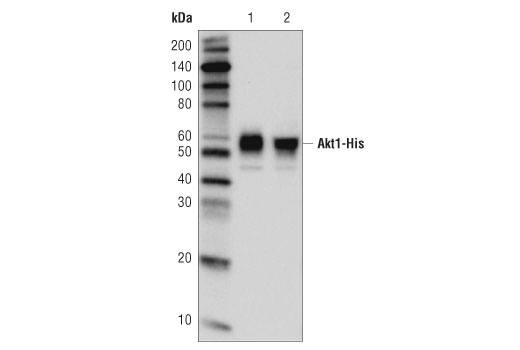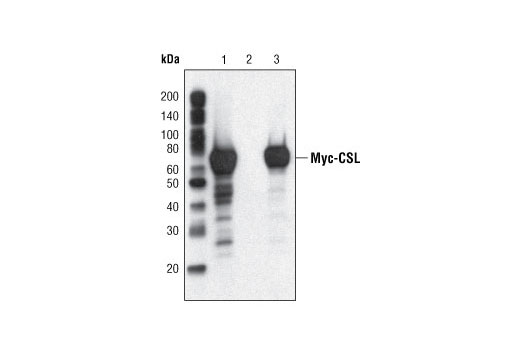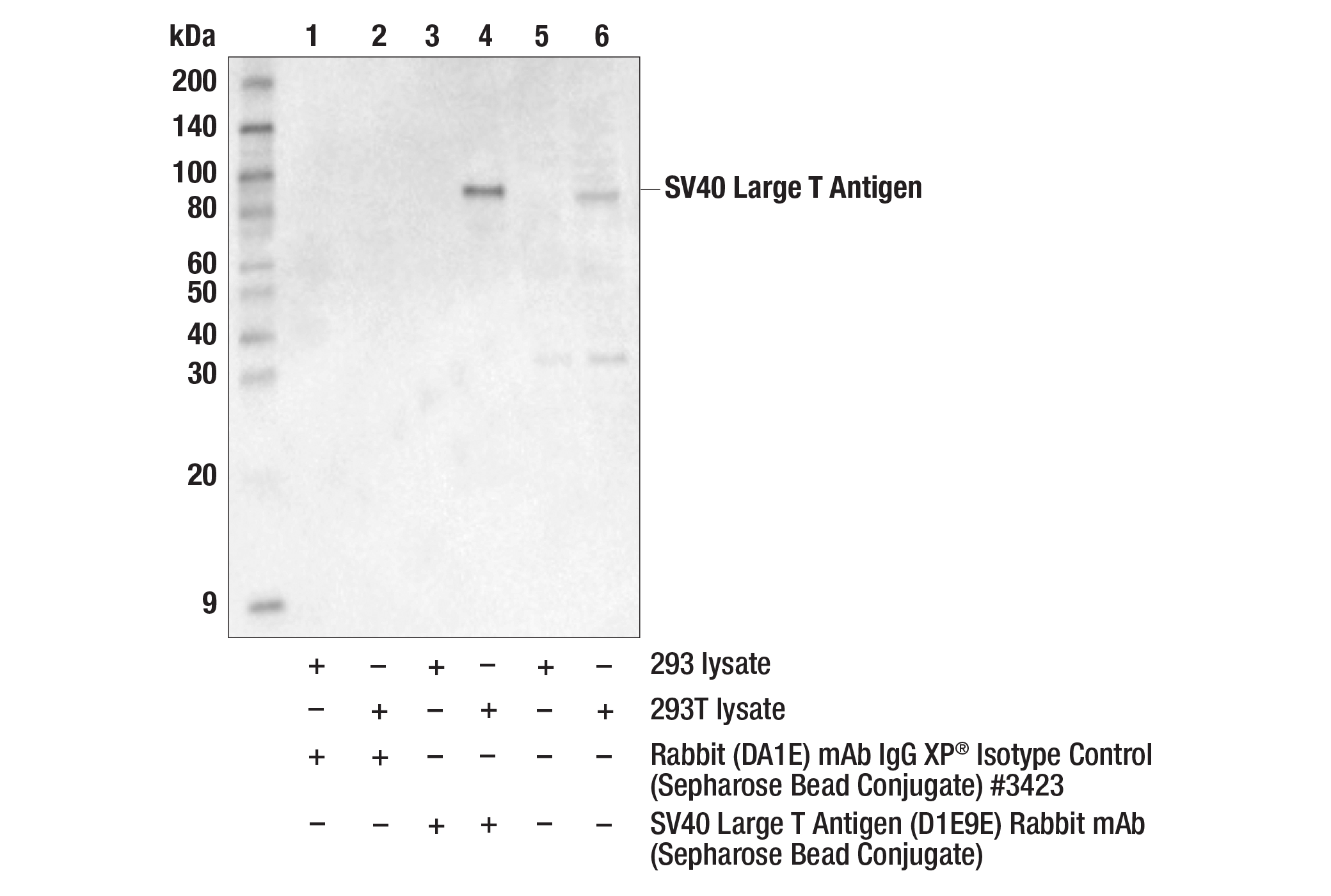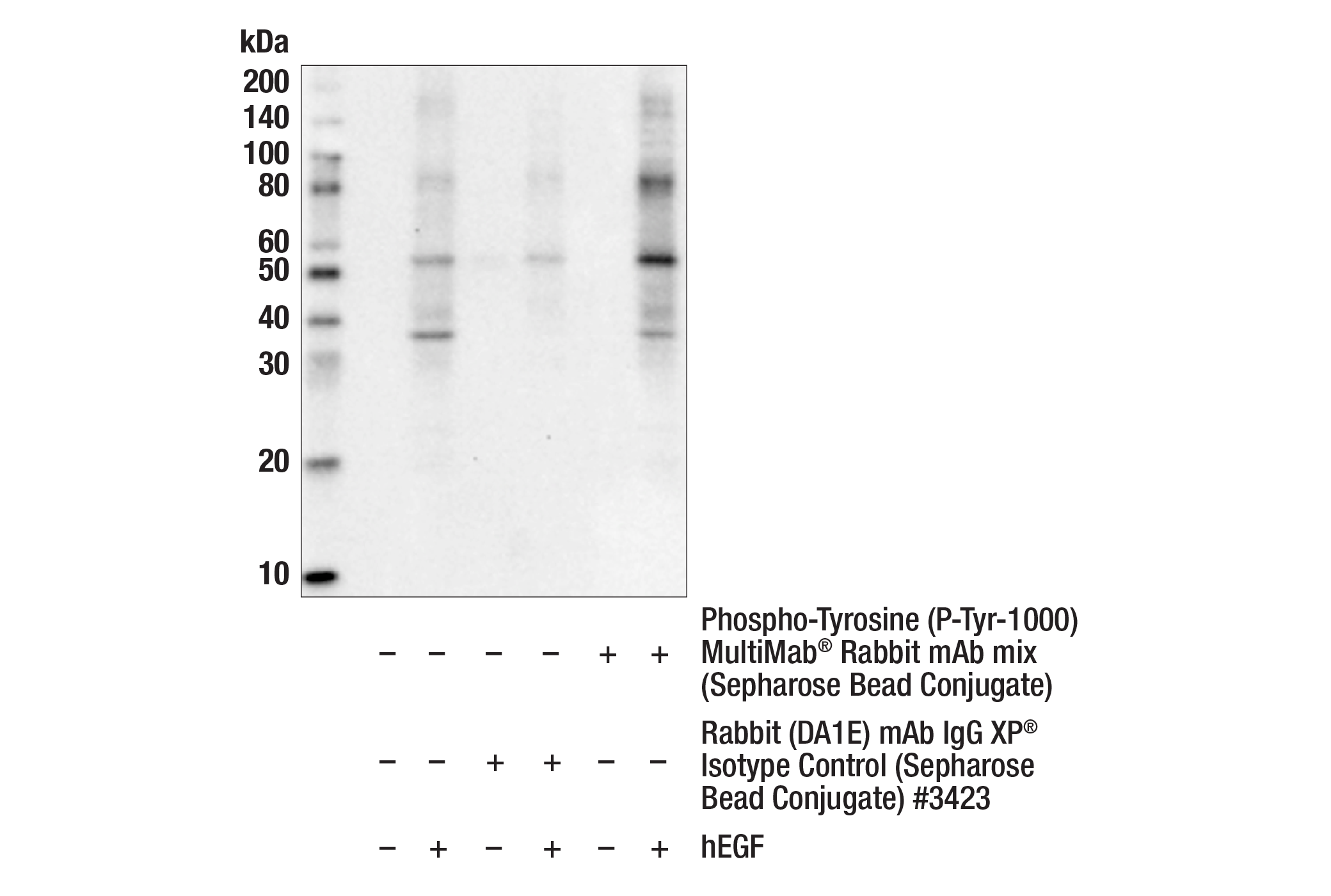Sepharose Bead Conjugates
Optimize your biochemistry, molecular biology, and immunology workflows with Sepharose bead conjugates. This highly versatile, cross-linked polysaccharide matrix provides a strong, stable, and inert medium that can be conjugated to various molecules. Sepharose beads are resistant to mechanical stress and chemical degradation, allowing them to withstand multiple wash and elution steps, even under harsh conditions.
Attributes
Versatile: Sepharose beads are highly flexible and can be functionalized with various ligands to meet different experimental needs.
Gentle: Purify proteins or antibodies under many conditions, ideal for functional proteins or enzymes used in biochemical or structural studies.
Voluminous: The large surface area and porous structure of Sepharose beads allow binding of your target on both the surface and within the matrix.
Consistent: Get reliable and reproducible results, which is critical for applications like protein quantification or mass spectrometry.
Applications in Research
Several key characteristics of Sepharose beads make them a powerful tool for research, allowing you to:
- Couple antibodies, ligands, or enzymes with Sepharose beads to selectively isolate proteins, nucleic acids, or other biomolecules from complex mixtures.
- Leverage the high binding capacity to isolate sufficient quantities of target proteins for downstream analysis.
- Utilize a wide range of experimental formats, including small-scale immunoprecipitation, spin columns for rapid affinity purification, and chromatography columns for large-scale purification.
Sepharose bead antibody conjugates can be applied for a diversity of experimental applications such as:
- Immunoprecipitation
- PTMScan Assays
- Chromatin IP
- Affinity Chromatography
- Column Chromatography
Isolate proteins from complex mixtures with Sepharose bead conjugates
Immunoprecipitation of extracts from 293T cells transfected with a construct expressing V5-tagged Ras. Lane 1 is Rabbit (DA1E) mAb IgG XP® Isotype Control (Sepharose Bead Conjugate) #3423, lane 2 is V5-Tag (D3H8Q) Rabbit mAb (Sepharose Bead Conjugate) #67476, and lane 3 is 10% input. Western blot analysis was performed using V5-Tag (E9H8O) Mouse mAb #80076. Anti-mouse IgG, HRP-linked Antibody #7076 was used as a secondary antibody.
Commitment to Quality
Get accurate and reliable experimental results with functionally validated, ready-to-use Sepharose bead conjugates from CST. Stringent and reproducible manufacturing process results in high-quality conjugates produced to the same standards you've trusted for over 25 years. For custom or made-to-order conjugates, we rely on our decades of experience, thorough biophysical characterization, and parent antibody validation to deliver a product with high specificity and sensitivity. Every order comes with comprehensive product documentation and access to expert technical support.
Explore Our Sepharose Bead Conjugates
Need ready-made Sepharose bead conjugates to accelerate your research? Explore our extensive catalog of validated products, or take advantage of our custom conjugation services and let us build the perfect tool for you.
Related or Alternative Fluorophores
Agarose | Magnetic |
For Research Use Only. Not for Use in Diagnostic Procedures.
Cell Signaling Technology, CST, MultiMab, PathScan and XP are trademarks or registered trademarks of Cell Signaling Technology, Inc. All other trademarks are the property of their respective owners. Visit cellsignal.com/trademarks for more information.





